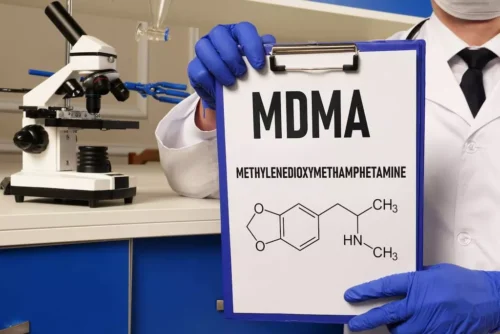
American Addiction Centers (AAC) offers multiple forms of treatment to help you if you have become addicted to marijuana. Evidence-based therapies help you gain the skills to cope with cravings and avoid heroin addiction triggers. Therapy also helps improve other skills, such as problem-solving and lifestyle management. One solution to the unpleasantness and potential unpredictability of withdrawal is to undergo the process with the supervision and support of a comprehensive rehabilitation program.
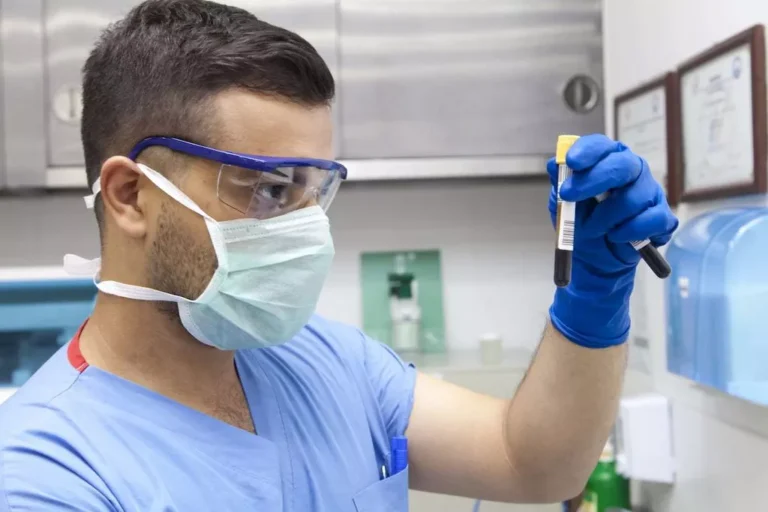
The Connection Between Personality Disorders and Substance Abuse
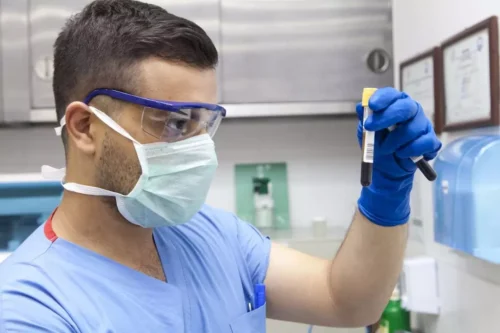
Her expertise focuses primarily on mental wellness and women’s health topics. Toketemu has been multimedia storyteller for the last four years. The effects of dronabinol during detoxif… release naltrexone. Physical symptoms might include upset stomach or pain, excessive sweating, shakiness or tremors, headache, or fever and chills. THC-rich extracts (also referred to as resins) from the marijuana plant can also be smoked.
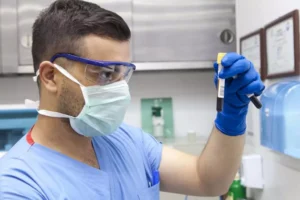
The Benefits of Practicing Meditation for Relapse Prevention
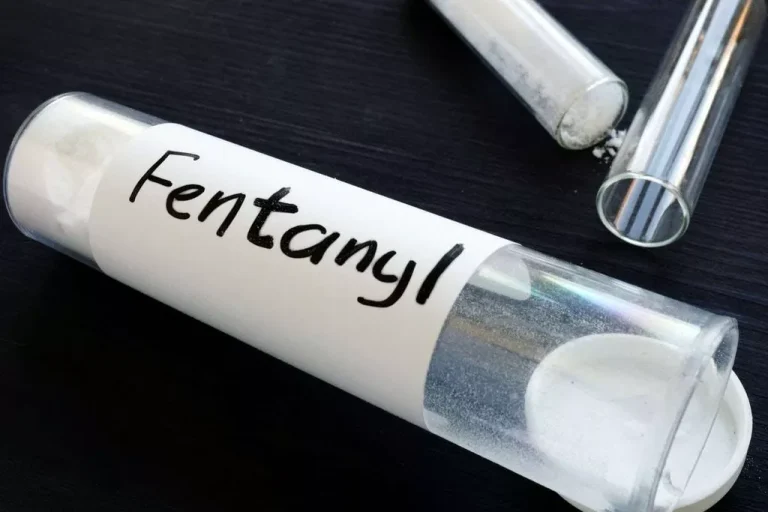
Laboratories use these thresholds to distinguish between environmental exposure and actual drug use. After you’ve made that big first step, it’s helpful to contemplate what you want to get out of abstinence. Read the latest addiction news and recovery tips from our blog. Support groups and peer counseling also provide a sense of community and accountability, which are essential for sustained recovery. Engaging with others who have faced similar struggles can offer encouragement and practical advice. Additionally, many treatment facilities accept credit cards and have financing options as well.
Environmental Factors and Hair Contamination from Marijuana Smoke
Marijuana addiction occurs when the user cannot stop using the drug even though it has a negative impact on their life. People whose substance use disorder involves marijuana often develop a dependency on the drug. Rehab for marijuana addiction is structured similarly to treatment centers and rehab programs that are dedicated to alcohol and other drug addictions. Seeing a therapist is helpful as well, especially one with addiction treatment training or credentials. They typically help people change unwanted behaviors using strategies like HALT to help you use healthy coping mechanisms for stressors that impede recovery. It makes you accountable — because the last thing you want is someone catching you cheating — and it gives people the chance to offer encouragement.
- They typically help people change unwanted behaviors using strategies like HALT to help you use healthy coping mechanisms for stressors that impede recovery.
- After completing Marijuana Addiction Treatment, individuals are encouraged to engage in aftercare.
- Marijuana addiction, or cannabis use disorder as the fancy pants doctors call it, is characterized by a compulsive need to use weed despite negative consequences.
- Many people believe that marijuana isn’t addictive, but this is not true.
Marijuana Addiction Group Therapy
As you’re considering stepping away from cannabis, it’s important to understand why this journey feels so arduous. This page explores some signs that it’s time to quit smoking weed and provides effective tips to help you succeed. You’ll also learn how to get over weed addiction with compassionate and science-based treatment. Working to prevent a relapse after your marijuana detox is very crucial.
- With this in mind, The Recovery Village’s integrated treatment approach was designed to help clients work through psychological struggles they may be facing in addition to addiction.
- Some research shows marijuana use can be linked to altered memory, paranoia, short-term memory impairment, delayed brain development, and cognitive decline.
- Understanding these impacts is crucial for addressing the needs of those affected and guiding them towards effective treatment and recovery strategies.
- The herbal substance can be rolled up and smoked like a cigarette, smoked in a pipe, eaten as an edible or inhaled using a vaporizer or vaping pen.
How to Develop Healthy Boundaries During Recovery
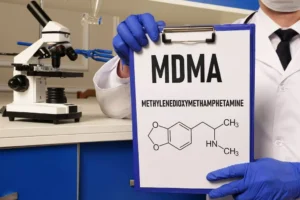
Making your plan might involve creating a personalized treatment approach, finding a therapist, or seeking out a support group. Long-term misuse of cannabis can lead is marijuana addictive to cognitive impairment, affecting various aspects of brain function. Research indicates that chronic cannabis use can negatively impact memory, attention, and learning abilities 6. These cognitive deficits may persist even after cessation of use, making it challenging for individuals to regain their previous levels of cognitive function. Incorporating these strategies into the recovery process helps build a robust foundation against relapse, empowering individuals to maintain their commitment to sobriety and lead healthier lives. Treatment options vary and can include professional counselling, support groups, and relapse prevention strategies.